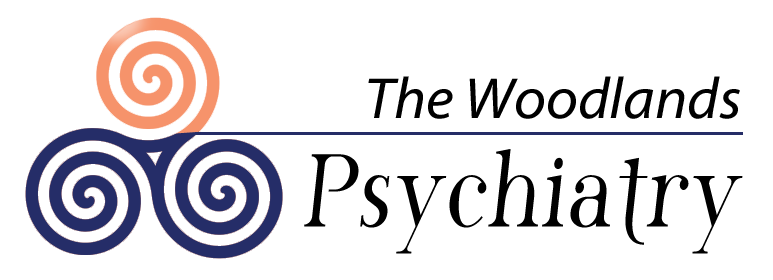Psychotherapy is now being practiced less and less since psychiatry has abandoned this treatment method in favor of medication management. We have seen this phenomenon before when a new form of treatment was discovered. Such discoveries always cause an extreme swing in the direction of overusage of this new treatment modality as now seems to be the case with medication management. The resultant enthusiasm for this new treatment invariably and eventually gives way to a more sober assessment when reality again asserts itself. This large-scale abandonment of a once important form of treatment (psychotherapy) now seems to be irreversible, at least for the near future. It is possible that at some point there will be a counter movement when patients have become sufficiently disillusioned about using psychiatric medications as a way to resolve psychological issues. These medications are an attempt at a solution but they are not a solution, only a method of management in the way one manages diabetes.
I can hear that disillusionment come through with patients who have been on long-term medication programs who call my practice about obtaining services. They are very emphatic about wishing to come off these medications. Their stated reasons are that there are side-effects such as sedation, weight gain or emotional flattening among others. Also, patients realize that psychological problems remain unresolved in spite of the fact that several different medications may have been tried over time. The majority of patients, however, remain stuck in the no man’s land of medication management since they cannot think of alternatives nor are they offered any. There are two additional problems for these patients. One is the fact that insurance companies will reimburse for medication management but not for psychotherapy. That economic reality has driven psychiatry into the arms of insurance companies and thus of medication management. The other is the much higher cost of psychotherapy as well as the erosion of availability of psychotherapy services by members of the psychiatric profession.
Psychotherapy is like any discipline in the sense that it requires constant practice in order to maintain competence. It is not something that you can abandon and then, when you decide to do a 180 and want to return to psychotherapy when you see the deadend of medication management as the only form of treatment, pick up wherever you left off at a past level of competence. Besides, the market for psychotherapy as a front line treatment is minuscule as compared with that for medication management. And the money is no longer easy and guaranteed as it is when one is on insurance panels. When we are habituated to a high level of income most of us are reluctant to abandon it.
Psychotherapy is thus relegated to an inferior status which is unfortunate since this form of treatment can have significant benefits for the patient. To be sure, psychotherapy requires work, a willingness to stretch and motivation on the part of the patient. Also, it can be distressing and perhaps even painful to go through the process the outcome of which is not guaranteed. It is so much easier just to take a pill and be done with it. That is not to say that medications cannot be helpful because they are often of great help but, again, they do not and cannot solve the underlying problems at their root. They were never designed for that purpose.
The only thing that has any hope but not a guarantee of accomplishing such fundamental resolution is psychotherapy. Unfortunately, for most patients, medication is the only available alternative until insurance companies decide that they will reimburse for psychotherapy. The bottom line then is that even though medication management is not ideal it is better than having no treatment at all. For a few lucky patients, psychotherapy is still an option if they can find a competent provider. it is fortunate that in the wake of psychotherapy having largely been abandoned by psychiatry there has been a concurrent rise in availability of services by allied professionals such as psychologists and other therapists, some of whom produce admirable results.
